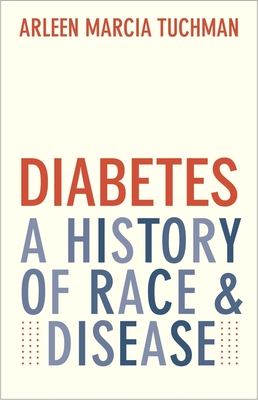Expedite your nonfiction book discovery process with Readara interviews, summaries and recommendations, Broaden your knowledge and gain insights from leading experts and scholars
In-depth, hour-long interviews with notable nonfiction authors, Gain new perspectives and ideas from the writer’s expertise and research, Valuable resource for readers and researchers
Optimize your book discovery process, Four-to eight-page summaries prepared by subject matter experts, Quickly review the book’s central messages and range of content
Books are handpicked covering a wide range of important categories and topics, Selected authors are subject experts, field professionals, or distinguished academics
Our editorial team includes books offering insights, unique views and researched-narratives in categories, Trade shows and book fairs, Book signings and in person author talks,Webinars and online events
Connect with editors and designers,Discover PR & marketing services providers, Source printers and related service providers

Diabetes: A History of Race and Disease
Medical > History
- Yale University Press
- Hardcover
- 9780300228991
- 9.4 X 6.4 X 0.9 inches
- 1.19 pounds
- Medical > History
- (Single Author) Asian American
- English
Readara.com
Book Description
Who is considered most at risk for diabetes, and why? In this thorough, engaging book, historian Arleen Tuchman examines and critiques how these questions have been answered by both the public and medical communities for over a century in the United States.
Beginning in the late nineteenth century, Tuchman describes how at different times Jews, middle-class whites, American Indians, African Americans, and Hispanic Americans have been labeled most at risk for developing diabetes, and that such claims have reflected and perpetuated troubling assumptions about race, ethnicity, and class. She describes how diabetes underwent a mid-century transformation in the public's eye from being a disease of wealth and civilization to one of poverty and primitive populations.
In tracing this cultural history, Tuchman argues that shifting understandings of diabetes reveal just as much about scientific and medical beliefs as they do about the cultural, racial, and economic milieus of their time.
Author Bio
Arleen Tuchman is a specialist in the history of science and medicine in the United States and Europe, with research interests in the cultural history of health, disease, and addiction, the rise of scientific medicine, and scientific and medical constructions of gender and sexuality. Her most recent book, Diabetes: History of Race and Disease (Yale University Press, 2020), traces the radical shift over the course of a century in beliefs about which populations were most likely to develop diabetes, from Jews in the early twentieth century to Native Americans, African Americans, and Hispanics today.
Diabetes reveals how racial stereotypes about the different populations became embedded in allegedly neutral statements about differential susceptibilities to the disease. Tuchman is also the author two previous books. Science Has No Sex: The Life of Marie Zakrzewska, M.D. (The University of North Carolina Press, 2006) is an exploration of the intersection of gender, scientific medicine, and nineteenth-century political radicalism through the life of one of the first women physicians in the United States. An article based on this book won the 2006 History of Science Society’s Margaret W. Rossiter Prize for the best article on the history of women in science .
Her first book, Science, Medicine, and the State in Germany (Oxford University Press, 1993), analyzes the cultural, social, and economic forces that contributed to the proliferation of scientific institutes and laboratories in nineteenth-century Germany. Current projects include a book about the history of addiction and the family, which traces the historical transition from addiction as an individual disease to a broad view of addiction as a family disease and, more recently, as a disease of communities.
Tuchman has held fellowships from the American Council of Learned Societies, the National Institutes of Health, the National Endowment for the Humanities, the German Academic Exchange Service (DAAD), the American Philosophical Society, the National Science Foundation, and the National Humanities Center.
Tuchman has been teaching undergraduate and graduate classes at Vanderbilt since 1986. She offers courses on the history of medicine, women and health, disease and culture, the body, and scientific and medical constructions of gender and sexuality. She is a past director of the Center for Medicine, Health, and Society (2006-2009) and has, since 2019, been the co-creator of a historic medicinal garden on Vanderbilt University’s campus.
Source: Vanderbilt University
Videos






Community reviews
No Community reviews

